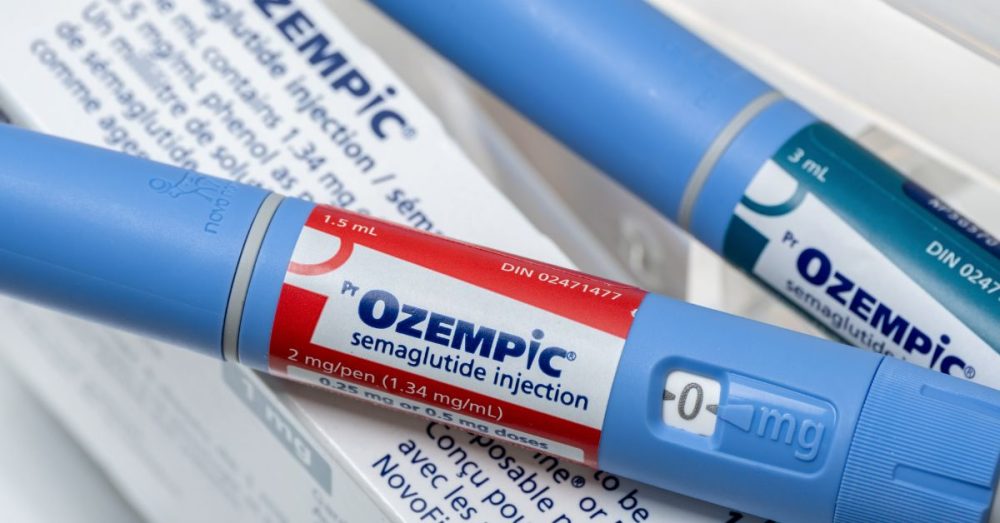The popular drug Ozempic may reduce the risk of developing Alzheimer’s disease, according to a new study.
Novo Nordisk’s popular diabetes drug may delay or prevent the disease, which currently affects an estimated 6.9 million Americans aged 65 and older. Additionally, 11 million people are reported to be supporting those suffering with Alzheimer’s in unpaid care roles.
Nearly 12% of Texans over the age of 65 suffer from the condition, requiring more than 1 million caregivers for support.
The cost of caring for individuals with Alzheimer’s and other dementias is forecast to hit $360 billion this year, reaching $1 trillion by 2050. While no cures exist, drugs are available that can slow the condition’s progress if treated early.
Semaglutide is part of a class of drugs known as glucagon-like peptide-1 receptor agonists, better known as GLP-1s. Type 2 diabetics who took semaglutide, the active ingredient in Ozempic, were found to have a 40% to 70% lower chance of a first-time Alzheimer’s diagnosis when compared to seven other diabetes medications, like insulin.
Dr. Rong Xu, the study’s lead co-author, says the findings with semaglutide may prove to offer an effective preventative tool in the fight against Alzheimer’s since by the time many people are diagnosed, it’s too late for effective treatment, she told CNBC.
Three years of electronic records of nearly 1 million U.S. patients with diabetes and no prior Alzheimer’s diagnosis were analyzed during the study.
Semaglutide was compared to other diabetes medications, like metformin. The most significant difference was between semaglutide and insulin, with the former showing a 70% lower risk of first-time Alzheimer’s compared to the latter.
While this study looked at people with diabetes specifically, Xu and her colleagues say they eventually intend to study whether GLP-1s also show promise in reducing Alzheimer’s in patients with obesity. Before that can happen, the team wants to wait at least one year to ensure GLP-1s have had sufficient time on the market to generate enough data to assess.
As reported in The Dallas Express, demand for semaglutide as a weight loss tool has surged. By 2033, the weight-loss drug market is forecast to reach upwards of $158 billion.


